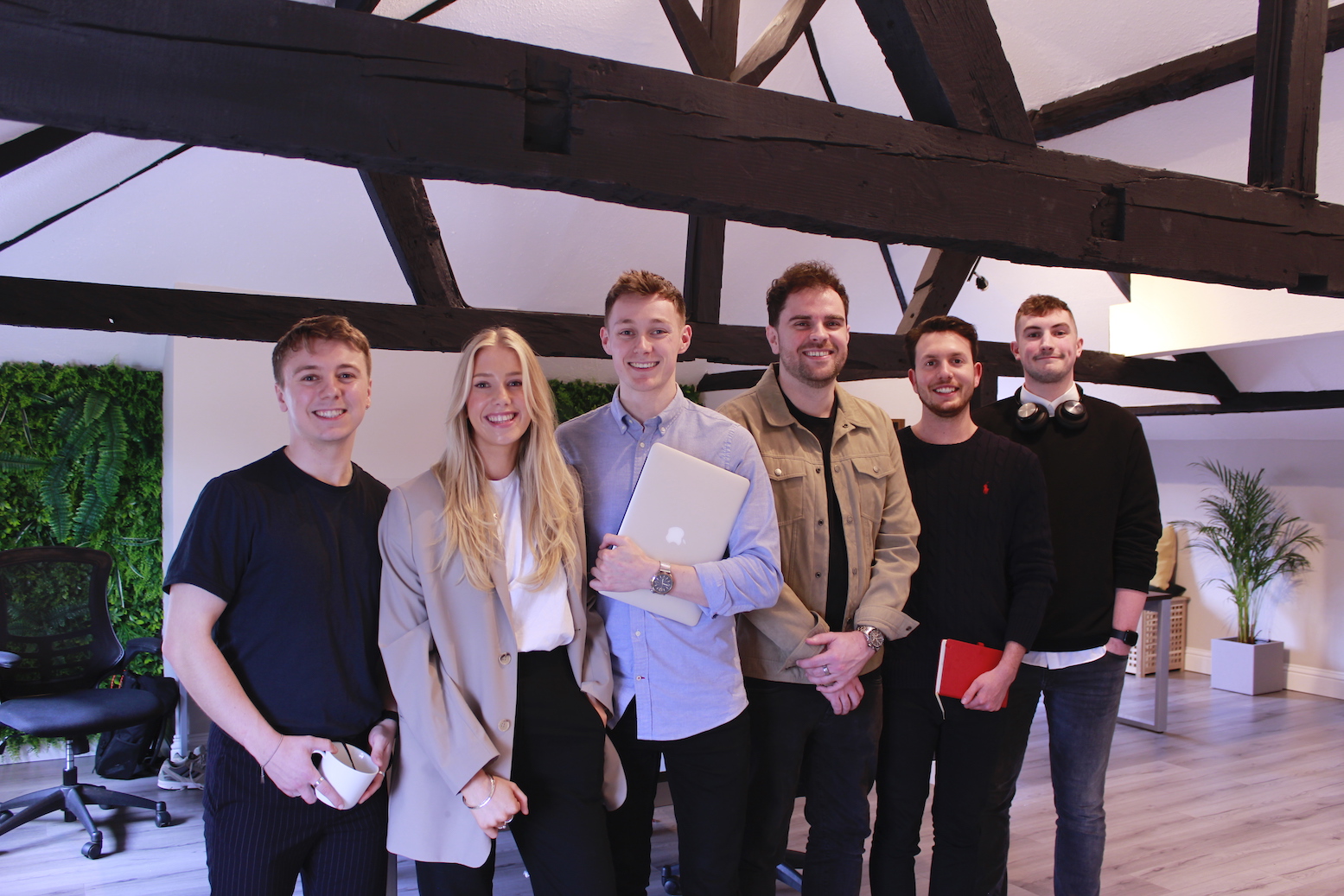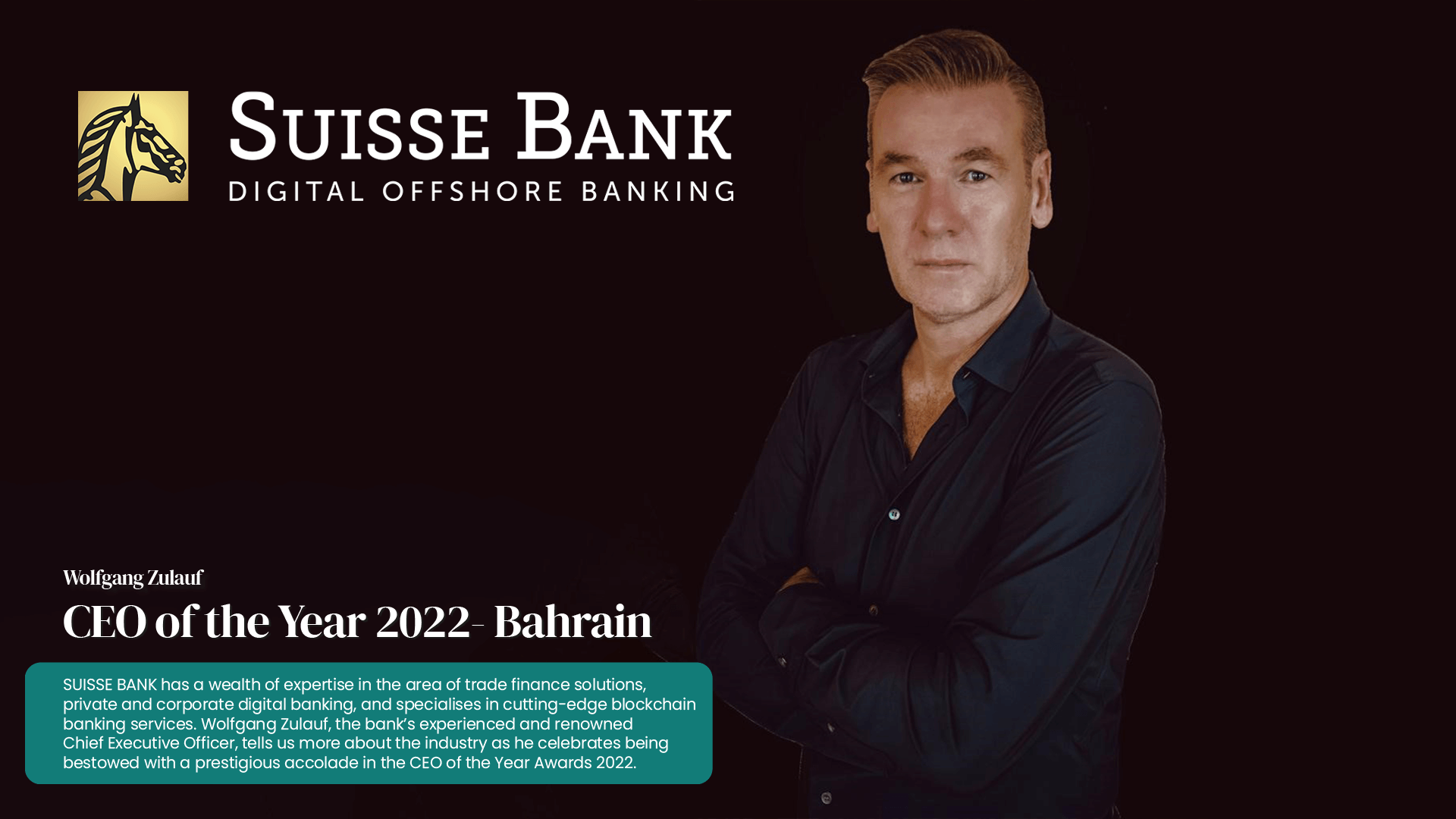By Kate Palmer, HR Advice & Consultancy Director at Peninsula
Equal opportunities: it’s been quite the buzz phrase for some time – particularly as workplaces see the value in championing inclusive and diverse workforces.
Workplaces seem to thrive for equality, which sounds like a positive step forward. But actually, is this enough?
In a perfect world, equality sure sounds great. The same treatment for everybody? What’s not to like?! But the thing is, equality only really works if we’re all the same to begin with. Which of course we’re not.
In reality, aiming for equity presents much fairer and effective goalposts.
Here’s the best way to visualise the difference between equality and equity. Imagine you give four people a bicycle and ask them to race to the finish line. Each bicycle is exactly the same make, shape, and size.
Except one of those people is in a wheelchair and is unable to ride this bike. One is too short to reach the pedals. One is too tall to sit comfortably. In fact, only one person can ride this bike adequately and reach the finish line. That’s equality.
Now imagine you give them each a bike that suits their personal characteristics and needs. Now it’s a much fairer competition and everyone has a shot at reaching that finish line. Here we have equity.
This International Women’s Day seeks to encourage people to “embrace equity”. And I’m going to outline how employers can do just this, to attract and retain talent, to champion diversity within teams, and to promote productivity and positive morale.
Introduce inclusive recruitment practices.
Whilst it may be illegal to pay men and women in the same employment performing equal work different rates (unless any difference in pay is for non-discriminatory reasons and can be justified), it doesn’t stop the imbalance that still exists. After all, here in the UK, there is a 6.6% mean gender pay gap, and when you look at the median, it rises to 12.6%. So why can this be? Typically, women are far less likely to negotiate starting salaries. In fact, six in ten women (59%) admitted to not once negotiating salary when offered a new role compared to four in ten (39%) men. Therefore, to stamp out inequality in pay, it’s suggested that employers are transparent about salary information throughout the recruitment stages and employment. The government recently launched a pay transparency pilot to improve pay disparity between genders and place all job applicants on an equal footing during the recruitment process. It remains to be seen whether this will be rolled out as a legal obligation for employers.
In addition, it’s a rather sobering fact that when a woman’s name was replaced with a man’s on a job application, recruiters were 60% more likely to hire the applicant. This could be intentional, or more likely, may be a result of unconscious bias, which we’ll cover a little later in this blog. However, in addition to teams undergoing training to identify and remove unconscious bias from decision-making, employers can practise ‘blind hiring’ practises where all identifying information – such as name, age, marital status, location, etc. – is removed from a CV in order for non-biased decisions to take place.
Lastly, employers should consider the effect that their job adverts may have on female would-be applicants. It’s a proven fact that by using ‘masculine’ language in job adverts, female candidates can be expected to be deterred from applying, with one study indicating a 10% reduction in female applicants to an ad that used included terms like ‘individual’, ‘challenging’, and ‘driven’.
Weed out unconscious bias.
Discrimination does not always need to be overt. In fact, it can happen even by employees who did not consciously have any intention to act in that way.
Unconscious bias that leads to gender discrimination in the workplace can present itself in many ways. For instance, a woman who’s just returned recently had a baby may be overlooked for an intensive work project, thinking it may be too much responsibility for her to take on at this stage in her life. A woman may be expected to fetch the drinks for attendees of a high-profile meeting. A young woman might miss out on a promotion as an employer fear she will want to start a family in the near future…
These would be examples of beliefs held by people who have a pre-judgment against someone solely because of their gender. And it might not be easy, or even possible, to completely stamp out all unconscious bias – after all, there are 150 different types and a natural human behaviour, deep-rooted as a survival mechanism – but there are steps employers can take to reduce the harmful aspects of it, like through a comprehensive training programme for staff.
Provide support for those impacted by women’s health issues.
One million women in the UK have left their jobs because of menopause symptoms. That’s one in ten women going through menopause that have to abandon their careers at a time in their lives when they should be thriving in the workplace.
Couple that with the fact that 55% of endometriosis sufferers are forced to take time off work as a direct result of the condition too.
Employers must be aware that under the Equality Act 2010, any health condition affecting women and those assigned female at birth, including menopause, endometriosis, PCOS, pregnancy or birth-related conditions, etc., may be considered a disability. This will be the case if the symptoms of the condition cause a substantial and long-term adverse effect on the employee’s ability to carry out normal day-to-day activities.
In these situations, employers must provide adequate support measures, including reasonable adjustments. These could include:
- Flexible working to allow for time off for appointments
- Recording sickness absences for these conditions separately to other absences
- A change in working hours and/or duties where tiredness might be a factor
- Changing uniforms to allow for more comfort
- Providing appropriate facilities where required, like a dedicated breastfeeding room
Robust policies should leave no ambiguity as to how health issues should be handled at work. They should highlight the process for raising a concern, the measures which are available, should they need them, and how the employer will be able to support.
Consider how more flexibility might help women to thrive at work.
Three in four mothers (75.6%) are in work in the UK. And studies indicate that a similar percentage (74%) of women are the main carer for children, with sole carers for older adults also being women in 65% of cases.
These women make up the ‘sandwich generation’, the number of people who are caring for elderly parents, as well as their own children – and around 1.3 million people in the UK now have this responsibility.
So perhaps then, it’s not all that surprising to see that women take up only 30% of management roles.
Flexibility with working hours to work around school drop-offs and pick-ups, and appointments can help working mothers and carers better able to juggle their myriad responsibilities. In addition, allowing remote working can ensure they continue to carry out their roles without outside factors – most recently the series of teacher strikes – having a detrimental impact.
Enforce a zero-tolerance stance on harassment.
Where a culture of inappropriate behaviour has become “par for the course”, it can sometimes be difficult to take strong disciplinary action. But no matter the workplace, it’s imperative that businesses challenge a sexist culture, or indeed any discriminatory culture, no matter how ingrained it might be.
Just recently, Mcdonald’s made headlines when they pledged to work with the EHRC to implement measures to prevent and eliminate sexual harassment within their restaurants off the back of concerns being raised about their repeated failure to address allegations.
The first step would be communicating a clear zero-tolerance approach to any form of unacceptable behaviour and adopting a robust procedure for anonymised reporting and investigating and tackling issues.
You want your people to feel comfortable and able to raise issues with their managers, so make sure the correct channels are in place for such conversations and roll out training to senior staff, so they’re better equipped to spot problematic behaviours and manage them correctly.
After all, overlooking problematic behaviour can breach legislation designed to promote healthy working environments, opening the doors to discrimination, bullying and harassment claims.




















